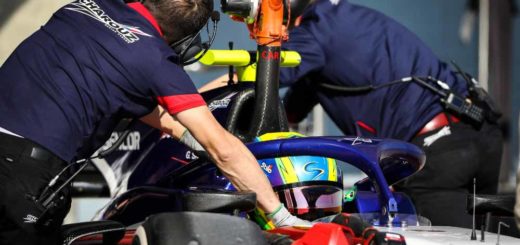Spain has been revealed as one of the least affordable countries in Europe to become a driver
The Spanish spend 8.57% of their average annual income learning to drive:
● Learning to drive in Spain costs €1,361.25 in total, including the costs of lessons, tests, and provisional and full licence costs.
● Swedish drivers pay the most. 13.75% of their salary is to obtain their driving licence, the highest percentage among all European countries analysed.
● Confused.com car insurance expert Alex Kindred offers tips to pass your driving test for the first time.
The total cost, from theory lessons to getting a full driving licence, equates to 8.57% (€1,361.25) of the average annual income in the country. That’s according to a new study by Confused.com (Q3, 2022), which uncovers the cheapest countries in Europe to become a driver. To help learner drivers, car insurance expert Alex Kindred offers tips on passing for the first time.
The research reveals how much of the average annual salary in each country is spent on a driver obtaining their driving licence in EU countries and the UK. This includes calculating the average cost of lessons, tests, and provisional and licence costs for each country.
Confused.com can reveal that Spain is one of the least affordable countries in Europe to become a driver. Spanish drivers pay 8.57% of their annual income for a driving licence, which includes the fees for lessons, tests and issuing a licence. This is 1.67% higher than the average price paid in Portugal (6.90% of average annual salary). However, it’s 0.25% lower than costs in France (8.82% of the average annual income). It’s also 1.54% lower than Italy (10.11%).
Malta is the cheapest country in Europe to become a driver
Malta has been crowned as the cheapest country in Europe to become a driver. The total cost of securing a driving licence in Malta is €910, including the fees for lessons, tests and issuing a licence. This equates to only 5.40% of the average annual salary in the country. This is just over half of what residents in the neighbouring country, Italy pays for their licence (€1,800).
Polish drivers pay the lowest amount to learn how to drive – at €525.00 on average. This equates to 6.38% of the average annual income in the country, making it the second cheapest in terms of percentage of salary paid.
In third place, drivers in Portugal spend 6.90% of their income to obtain a licence. When analysing only the monetary value of securing a driving licence, the Portuguese pay €765, on average, to become a driver. This is the second cheapest price among the countries analysed.
Alex Kindred, car Insurance expert at Confused.com, comments: “Learning to drive is a new and exciting experience but getting your licence can also be stressful and expensive. The key to keeping costs low is to prepare yourself as much as possible and secure that freedom in as few lessons or attempts as possible.
Here are our tips on passing first time for beginner drivers:
- Practice outside of lessons – Accept any offers from family and friends that are willing to take you out and give you some extra hours behind the wheel. To supervise your driving, they need to be 21 or older and have had a full licence for 3 years. In order to do this, ensure that the driver supervising you has the correct car insurance in place to do so.
- Drive the test routes – Instructors will have a decent idea of the test route, but they might not spell this out to you, so always enquire. Ask them if you can follow the route so you can learn where the pinch points lie, for example awkward junctions or busy roundabouts.
- Use the car you learned to drive in – You can choose to take your driving test in your own car (so long as it’s roadworthy) or your driving instructor’s car. It’s important to take your driving test in the car you feel most familiar with and have the most experience in.
“Once you have passed your test, getting insured on your own vehicle will be the next step. Comparing car insurance is key to keeping costs low, especially as new drivers could potentially pay more.”






















